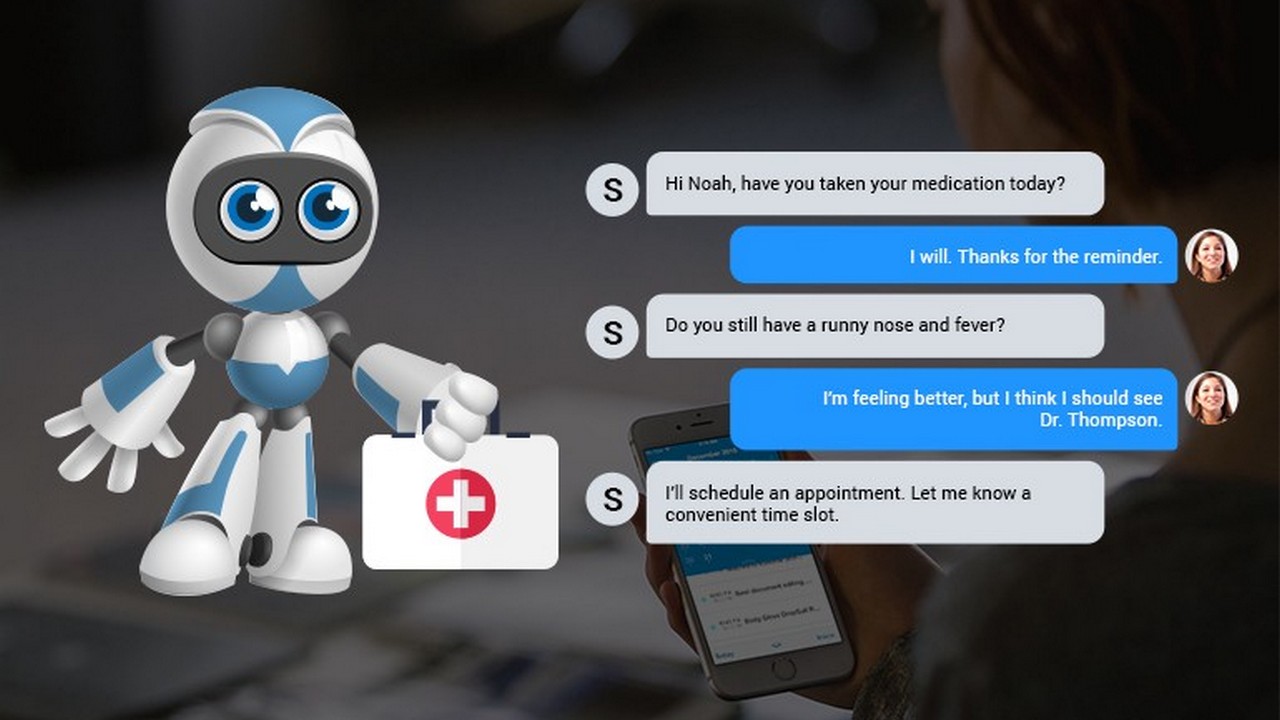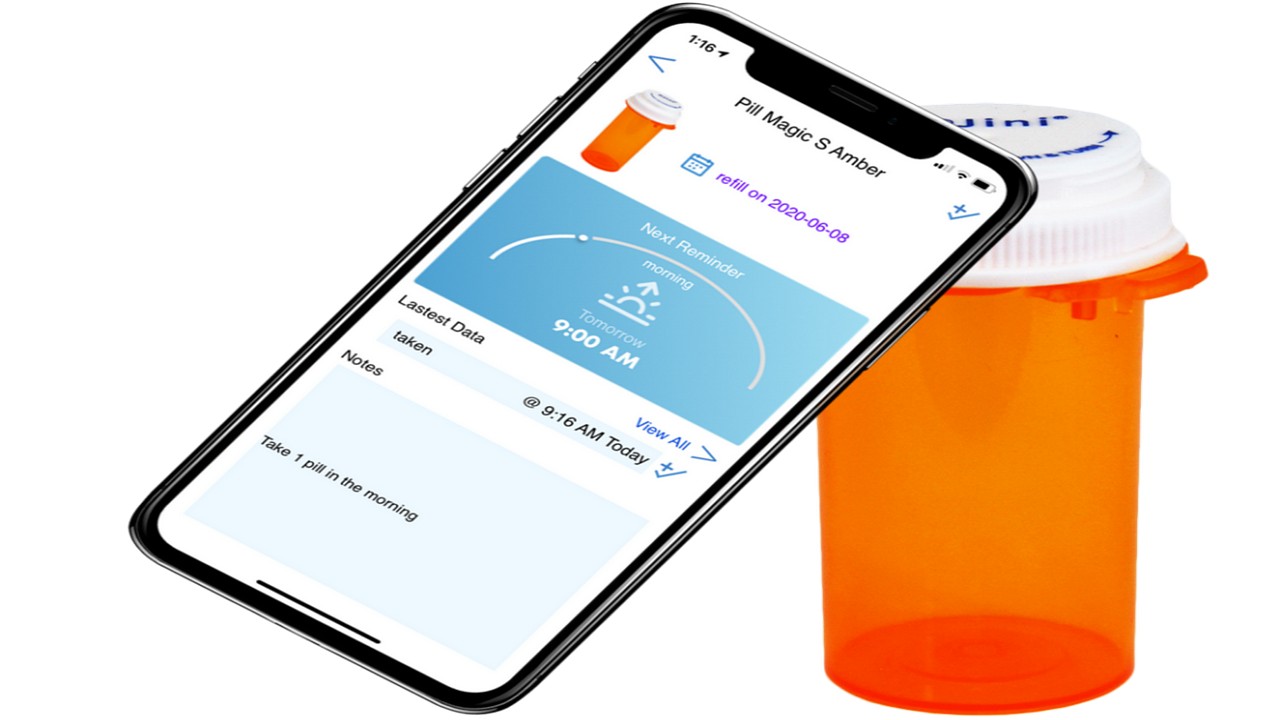While considering the patient health and outcomes of treatment, timeliness and efficiency are the two most important determinants. Not being able to take medicines timely can also make the previous doses ineffective as the majority of the drugs require an extra booster or multiple doses before it starts the formation of antigen. To solve this issue and make the process more efficient, the integration of automated appointment reminders is essential and a need of the moment.
Ways of delivering Health Reminders

Healthcare professionals cannot predict any patient’s result. Healthcare professionals can and must take steps to inspire, advise, and sometimes even goad patients towards producing the necessary choices possible. However, the patient is ultimately in control. This causes caregivers to act as figurative speed signs and traffic police, guiding people in the right direction, which is where great health alerts step in. Raising clients’ self-efficacy to tackle conflicts through educational, psychological, and support systems is essential for catalyzing long-term health behavior change.
There seems to be a range of methods to interact with a treatment or consultation notification to help individuals with better health care. For instance, using texts and emails to increase user-health awareness, attitudes, and results in fields ranging from cancer treatment to child care, with research indicating that health text messaging can help disease prevention and management.
How to make a health reminder effective

Medical professionals must find the right balance for patients between communicating less and communicating far too much. That qualitative dividing line will be different for each individual. There will always be a need to find the balance, so let the customers take the lead. Depending on their temperament and desires, the patient should select the style and duration of their health care notifications. Many individuals do not like to receive texts, hence they should be sent reminders through emails. Similarly, some individuals do not like constant reminders that should also be considered for everyone individually. Even though there is a solid case to be made regarding message updates, it is essential to remember that interaction strategies that work for specific individuals will not function for everyone and those in the same income bracket. Depending on the purpose of diagnosis and attitude, healthcare managers must determine the best way to interact with them through text messages, telephone.
By strengthening treatment involvement, a digital environment that enables patient self-management can boost mutual responsibility for healthcare systems. Sufferers are becoming more interested in receiving updates and notifications to help them better control their wellbeing. Notifications and warnings are beneficial in several ways. For example, they can be used to reach patients outside of daily clinical environments. They can be customized, and the effectiveness of automatic notifications sent out to visitors is not limited by gender. The usage and propagation of consumer notifications and warnings will evolve as technology and individual abilities advance. Automated appointment reminders can help patients stick to their health regimen more consistently, increasing adherence rates, supplementing release orders, lowering hospital admissions, and potentially lowering healthcare expenses.
